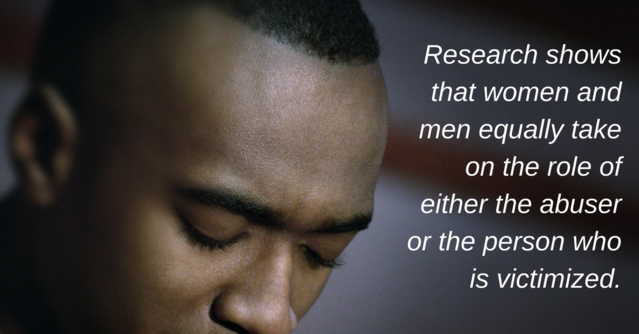Emotionally Abusive Relationships: Part 2
- Communication is designed to humiliate, shame, or demean. The abuser enjoys “finding fault” with or “correcting” their partner, frequently pointing out their mistakes as a way to put them down both privately and in front of other people.
- The abuser frequently belittles or disregards the other person’s thoughts, feelings, opinions, suggestions, or ideas, making it unsafe for them to freely or safely express themselves. In addition, they disregard the other person’s right to privacy or boundaries.
- Teasing and sarcasm are employed to make the other person appear foolish. Yet when the victim complains they are accused of being “overly sensitive” or not having a sense of humor.
- The abuser seeks to control all aspects of the relationship through financial withholding, verbal or physical intimidation, sex, granting or denying “permission,” stalking or harassing, or by making unilateral decisions that impact the other person.
- The victim often feels “punished” by the abuser and over time is brainwashed into believing that they deserve the maltreatment they’ve received.
- The abuser is usually emotionally distant and unavailable, forcing their partner to “work for” even the smallest degree of validation, support, or comfort. The victim is also made to feel guilt for wanting any emotional connection at all.
If you’ve found the strength to leave this kind of relationship, please share your story to inspire others.
About the Author
I hope you liked this article as much as I did.
-Deborah



No comments:
Post a Comment